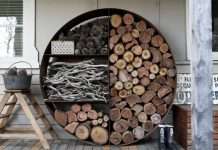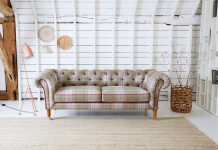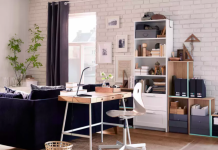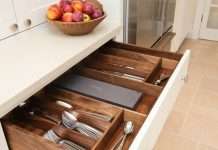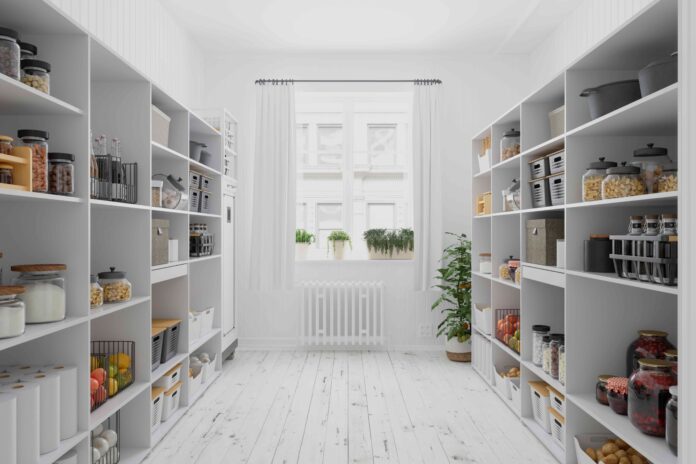Many people develop organizational habits that feel efficient, but common household items are often stored in places that actually reduce their lifespan or usefulness. Professional organizers say that several everyday products are almost universally kept in the wrong locations. Here’s where you should really be storing them for optimal condition and longevity.
Why Proper Storage Matters
Temperature fluctuations, humidity, and light exposure can degrade many common household goods. From lightbulbs to medication, improper storage leads to waste, reduced effectiveness, and even potential hazards. Understanding these risks is the first step toward a more efficient home.
Lightbulbs: Avoid Extreme Temperatures
Lightbulbs are fragile not just physically, but chemically. Heat, cold, or moisture can shorten their lifespan and reduce efficiency. Never store them in attics or garages. Instead, keep them indoors in stable environments like a laundry room, linen closet, or basement.
Paint: Keep It Climate-Controlled
Paint deteriorates when exposed to temperature swings. Heat and light cause the chemicals to break down, turning usable paint into unusable clumps. Avoid sheds and garages. Store open or partially used cans inside the house in a mudroom, laundry room, or any climate-controlled space. Remember that even properly stored paint has a limited shelf life.
Rugs: Protect Against Moisture
Basements and garages are notorious for humidity. This can quickly ruin rugs, causing mold and mildew that can’t be reversed. Never store rolled-up rugs in damp areas. Instead, use linen closets, mudrooms, or laundry room storage. If basement storage is unavoidable, seal them tightly in plastic.
Documents: Vertical Filing is Key
Piles of paper invite disorganization and damage. Damp environments like basements or garages weaken paper fibers and fade ink. File documents vertically using folders and cabinets or desktop organizers. Proper filing is essential for both preservation and decluttering.
Medication: Away From Heat and Humidity
Bathrooms are deceptively poor storage for medicine. Heat and moisture degrade effectiveness. Instead, store medications in cool, dry locations like linen closets or nightstand drawers. If required, always follow refrigeration instructions. Consider locking these areas to protect children and pets.
Photo Albums: Preserve Your Memories
Attics, basements, and garages are photo killers. Heat, humidity, and temperature shifts cause fading, curling, and sticking. Keep albums in a cool, dark, dry place like an office or bedroom bookcase. Even better: digitize photos and back them up in the cloud for long-term preservation.
Proper storage isn’t just about tidiness; it’s about protecting your investments, preserving memories, and ensuring the effectiveness of essential household items. Ignoring these simple adjustments leads to waste and unnecessary expense.

















